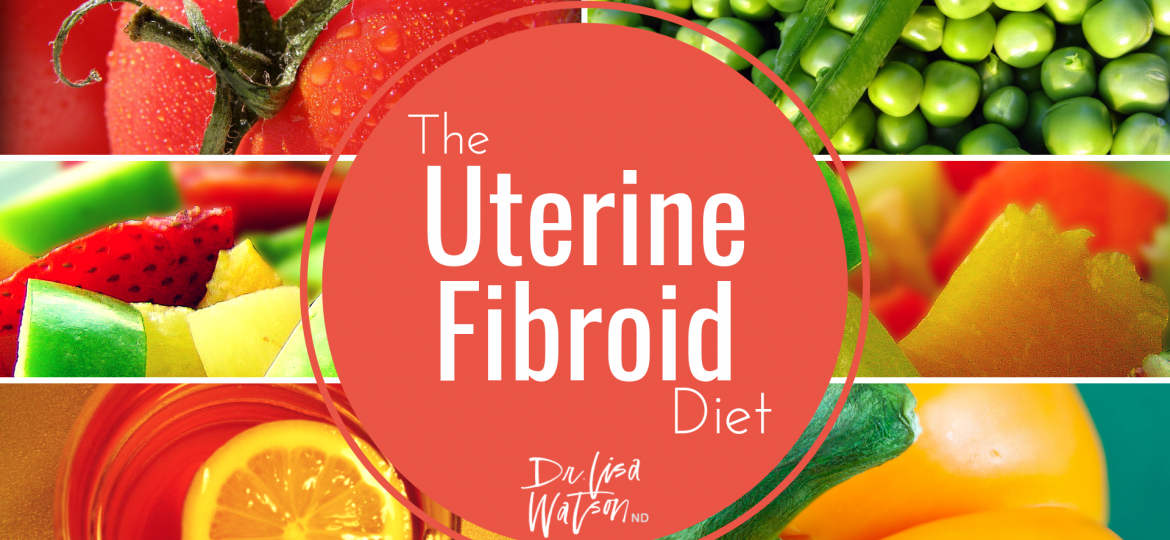
“The food you eat can either be the safest and most powerful form of medicine, or the slowest form of poison” ~ Ann Wigmore
Below are listed some suggestions for ways food can be your medicine in the treatment of uterine fibroids. These recommendations will optimize nutrient levels, support detoxification and balance estrogen levels – all important treatment goals for improving health and managing the symptoms of uterine fibroids.
Fibroid Diet: Foods to Avoid
-
Alcohol
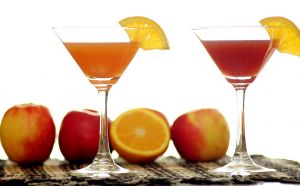 Alcohol can wreak havoc on hormone balance. Consuming even moderate levels of alcohol can increase circulating estrogen levels in the body, impacting the progression of uterine fibroids and increasing the risk of endometrial cancer. Alcohol also interferes with the body’s ability to absorb and utilize B vitamins, nutrients that are essential for proper estrogen detoxification in the liver. Avoid alcohol or drink only small amounts infrequently.
Alcohol can wreak havoc on hormone balance. Consuming even moderate levels of alcohol can increase circulating estrogen levels in the body, impacting the progression of uterine fibroids and increasing the risk of endometrial cancer. Alcohol also interferes with the body’s ability to absorb and utilize B vitamins, nutrients that are essential for proper estrogen detoxification in the liver. Avoid alcohol or drink only small amounts infrequently.
-
Refined sugar
Sugar is another culprit that can increase estrogen levels. Consumption of sugar in the form of fruit is fine, but eliminating all sources of refined sugars can help to improve hormone balance.
-
Saturated fats
A diet high in saturated fats is associated with high circulating blood estrogen levels. Found predominantly in dairy products (cream, cheese, butter, ghee), fatty meats (beef, pork), processed and fried foods. Limit or eliminate these foods from your diet and instead choose healthy polyunsaturated fats from olive oil, flaxseed oil, avocado, nuts and seeds.
-
Avoid the use of plastic
Plastics are an abundant source of hormone disrupting chemicals. These chemicals have similar molecular structures to estrogen, and are able to bind to estrogen receptors resulting in an increased estrogen effect in the body. To minimize the risk avoid using plastic food storage containers and never heat food in a plastic container.
Fibroid Diet: Foods to Enjoy
-
Increase dietary fiber
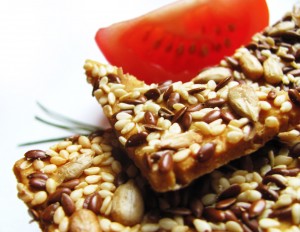
A diet low in fiber is associated with elevated estrogen levels, which has been demonstrated to increase the risk of endometrial cancer. A diet high in fiber also helps to improve elimination of estrogen by encouraging healthy and regular bowel movements.
Focus on healthy whole-food based fibers: fruits, vegetables and whole grains and limit processed and refined grains (breads, crackers, muffins, etc.)
-
Consume whole grains
Whole grains are a rich source of fiber and one of the best sources for B vitamins. B vitamins are essential for healthy detoxification of hormones, including estrogen.
Choose whole grains that retain the entire grain: brown rice, wild rice, oats, quinoa, buckwheat, millet, rye, amaranth
-
Eat tomatoes and an abundance of fruits and vegetables
Fruits and vegetables are excellent sources of antioxidants and fiber. Lycopene, a compound found in yellow, orange and fruits and vegetables (especially tomatoes) has been shown to have potential in decreasing the size of uterine fibroids.
Cooked and canned tomato sauces are the richest sources of lycopene. Consume 6-10 servings of whole fruit and vegetables per day.
The Brassica (cabbage) family of vegetables support detoxification and encourage a healthy estrogen balance by favouring production of the less active form of estrogen. Consume broccoli, Brussels sprouts, cabbage, kale, kohl rabi and cauliflower regularly to reap these benefits.
-
Soy and legumes
A diet rich in soy and vegetarian proteins like legumes has been shown to reduce the risk of endometrial cancer. Soy acts as an estrogen modulator, decreasing the action of high circulating estrogen. Choose organic, non-GMO soy products, like miso, tempeh, tofu and edamame and have one serving per day. Also increase other legumes such as beans, peas, chickpeas and lentils.
-
Flaxseed
The lignans found in flaxseed help to regulate estrogen levels and have been found in studies to have promise in decreasing the risk of cancer. One to two tablespoons of ground flaxseed per day will also provide a rich source of fiber and omega 3 fatty acids.
-
Vegetarian diet
Women consuming a vegetarian diet have higher rates of estrogen detoxification and elimination. Vegetarian diets are rich in beans, legumes, fruits and vegetables. Eating a vegetarian diet even 60% of the time can make a big difference for hormone balance.
-
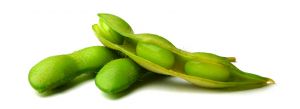 Iron rich foods
Iron rich foodsIron deficiency anemia is a common concern for women with fibroids. In a terrible catch-22, iron deficiency can make heavy menstrual bleeding associated with fibroids worse, leading to worsening iron deficiency. A supplement may be needed for some women, but consuming a diet rich in iron can be very important for women with uterine fibroids. Rich sources of iron include lentils, beans, soy, pumpkin seeds, nuts, raisins, fortified cereals, chicken, beef, turkey, oysters, shrimp and clams.
-
Green tea
One of the best foods for uterine fibroids is actually a beverage. Green tea is a rich source of polyphenols, especially epigallocatechin gallate (EGCG). These polyphenols have been shown to be protective against cancer, help to balance hormone levels, and promote detoxification. In one study green tea extract was found to decrease the size of uterine fibroids, improve the quality of life and improve iron deficiency associated with uterine fibroids. Drinking 2-3 cups per day is a great choice for all women with fibroids.
Diet is one of the best ways to support your body when you have uterine fibroids. Your Naturopathic Doctor can also give you guidance on how to decrease pain, prevent progression of fibroids and decrease excessive bleeding during your periods. Contact a naturopath today and start yourself on a journey of optimal health.
Selected References
Hudson, Tori. Women’s Encyclopedia of Natural Medicine. New York: McGraw Hill, 2008.
Roshdy E, et al. Int J Womens Health. 2013;5:477-486.


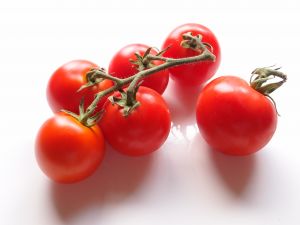
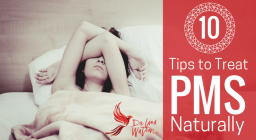
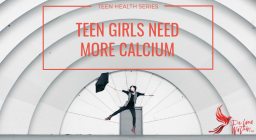
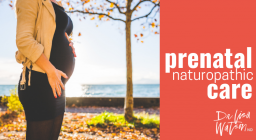
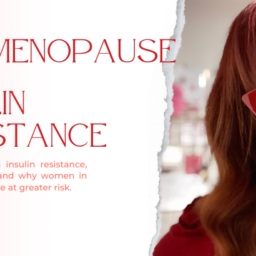
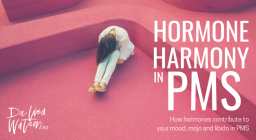
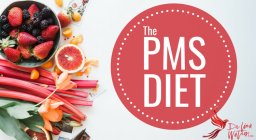
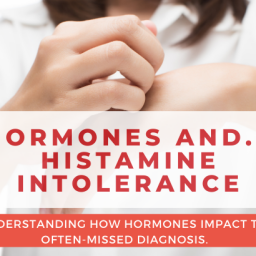
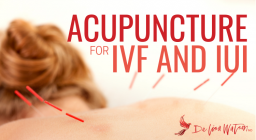
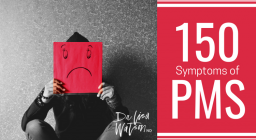

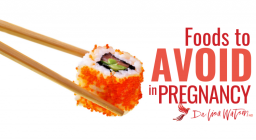
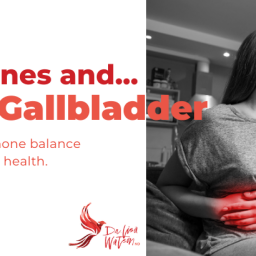

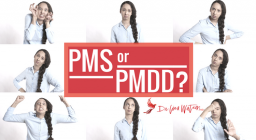
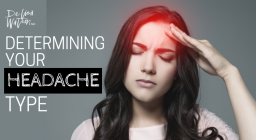
My name is Rose . n i m 34 years old .Last week i made ultrasound n i found out that there is subserosal utrine fibroid 6.9×4.6 cm… can i become pragnent … ?
A subserosal fibroid is one that is growing on the outside wall of the uterus. This type of fibroid is generally considered to not negatively impact fertility – so you should be able to get pregnant. Discuss with your doctor or your naturopath your treatment options, but I am optimistic that you will be able to conceive.
Dr. Lisa
If I have adenomyosis this diet is the best for me? Or is the endometriosis diet better? Thanks
I read that green tea blocks iron absorption. Any comments on this? I love & miss green tea.
Yes. Tea will block iron absorption. As long as you don’t drink tea with meals it should be fine. I’ve got an article on this – https://drlisawatson.com/tea-and-iron-deficiency
I tend to recommend the endometriosis diet for women with adenomyosis. Excellent question! Thanks for getting in touch.
Thank you very much,I am 42 , diagnosed of fibroid ,then I didn’t know there are different types,
I’m glad I could give you some new information! Thanks for reading. 🙂 ~Dr. Lisa
Hi Lisa ,
I am 31 , having uterine fibroid , it was 11 cm earlier , with naturopathy and diet it is now 5.6 cm . I was pregnant in 2016 but had a miscarriage. Will fibroid effect me if get pregnant this time. Is at this age pregancy has problems ?
Whether a fibroid impacts pregnancy depends on a lot of factors, size being only one of them. More important is the location of the fibroid, and the type of fibroid. In general, a fibroid of 5.6cm should NOT impact your ability to get pregnant, but it can increase the risk of issues in the last two trimesters. If you’re looking to conceive again, I’d suggest looking at your hormone balance and be sure that your estrogen levels are well managed to reduce the growth of the fibroid and support healthy egg development.
Best of luck ~Dr. Lisa
Hi! I’m 32y.o and was recently diagnosed with intramural uterine fibroid with 9.8cm diameter posterior wall of my uterus. Is it still possible for it to shrink? I am hesitant to go for myomectomy, but at the same time scared that it would later complicate or worse rupture my uterus. I don’t know what to do. 🙁
There are a lot of things you can do to address fibroids, but not all fibroids are going to shrink unfortunately. With a fibroid that large often women will choose to have surgery and then work on a plan that prevents them from developing future fibroids. It’s not an easy decision for sure and I’m sorry you are going through that!
x
Dr. Lisa